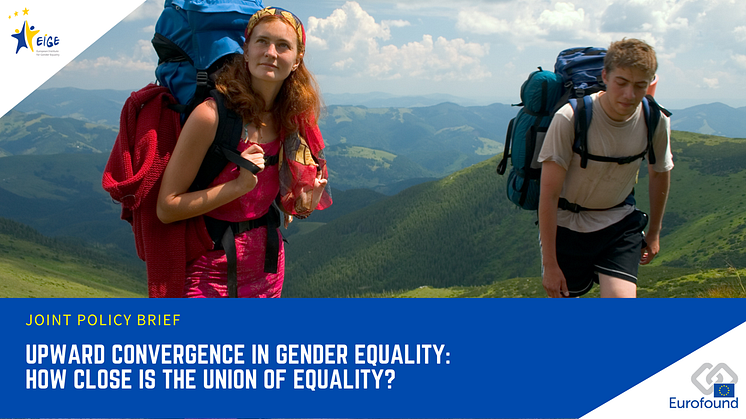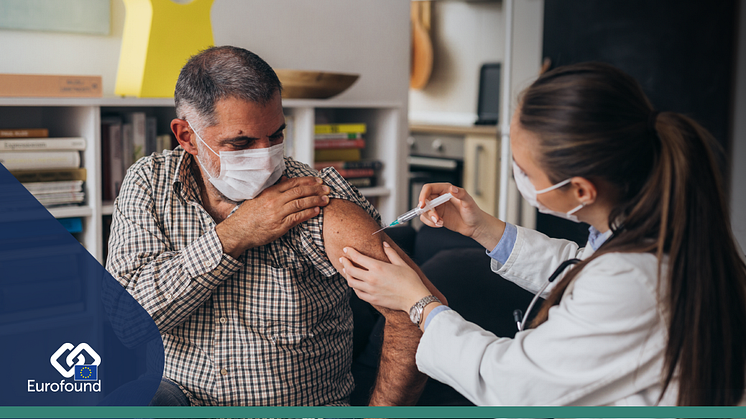The pandemic aggravated labour shortages in some sectors; the problem is now emerging in others
Following the declines in employment rates and working hours across Europe in 2020,i economies began to show signs of recovery during the first quarter of 2021. The gradual rekindling of economic activity has led to a surge in demand for workers and reawakened concerns over labour shortages.




















